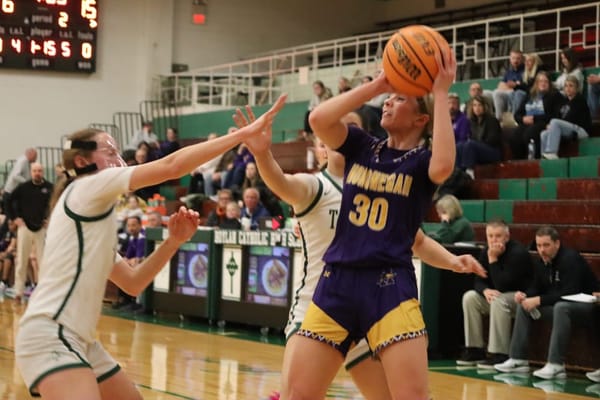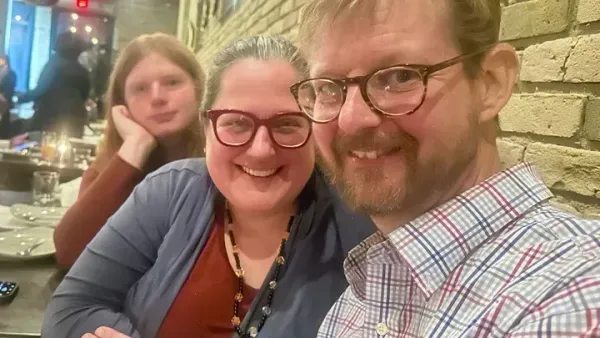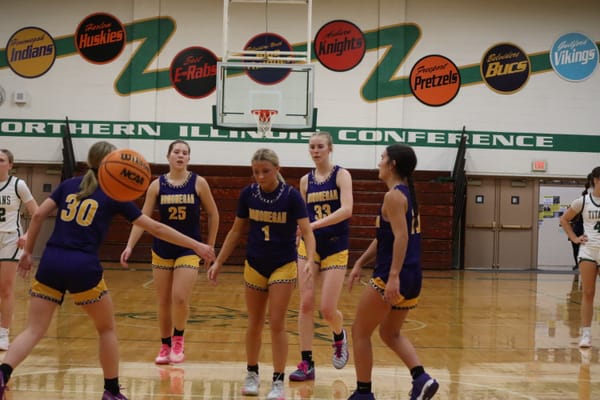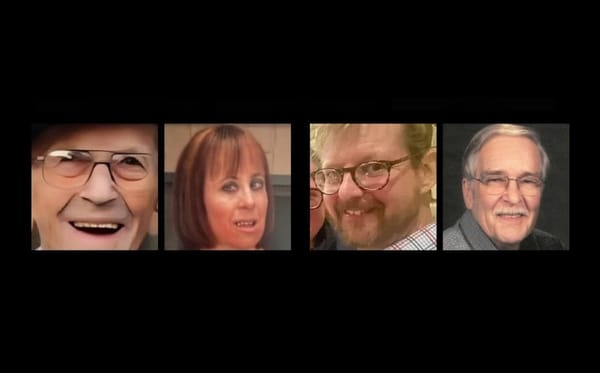Christmas at Whitman's Store: as the early settlers might have celebrated it
The event ends with a bonfire with warm drinks, cookies and caroling.

Christmas time at the historic Whitman Store, part of the Rockton Christmas Walk, features handmade Victorian paper Christmas ornaments (made by your hands, with volunteer help), the classic tale of A Christmas Carol, period items for sale (this is a 1840s store after all), and later an outdoor fire, hot beverages, and cookies. The event is free. Christmas events at Macktown, though recently interrupted by the pandemic, have been a tradition for years.
The 1846 Whitman Store is one of the remaining original buildings at Macktown Living History, 2221 Freeport Road in Rockton, Illinois, across the river from present-day downtown Rockton. William Whitman moved to Macktown in 1841 and completed his stone trading post and home five years later.
Saturday's schedule:
- 11:00 a.m. - 1:00 p.m. - Make your own Victorian paper Christmas ornaments.
- 11:00 a.m. - 4:00 p.m. - The Whitman store will host a reading of A Christmas Carol and have children's games, medallions and more for sale.
- 7:00 p.m. to whenever - Join us for an outdoor fire with hot beverages, cookies and caroling
Miss local news? Subscribe to our daily newsletter and you won't miss much.
Macktown (Pecatonic) was founded by Stephen Mack, Jr. about 1835, shortly before Rockton was founded. Mack was the first non-native settler in Winnebago County, though he was aided by his wife Ho-no-ne-gah. Mack died in 1850 and the bridge connecting the two communities was washed away in 1851, so the remaining residents of Macktown moved to Rockton.
When the Mack's historic 1839 home was scheduled to be razed in 1952, 700 Rockton residents understandably objected and signed a petition against its destruction. That was the beginning of the Rockton Township Historical Society, and led to what is now called Macktown Living History.





